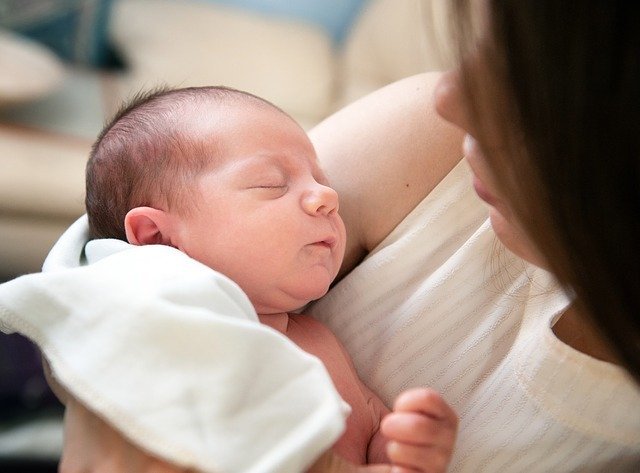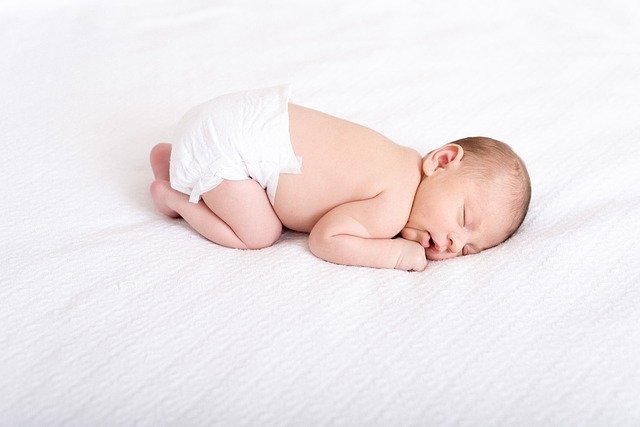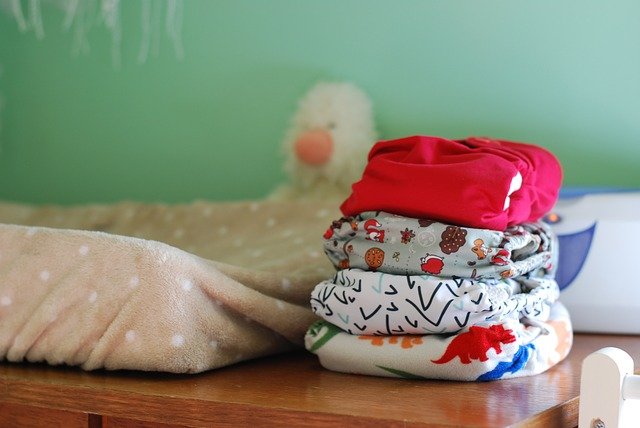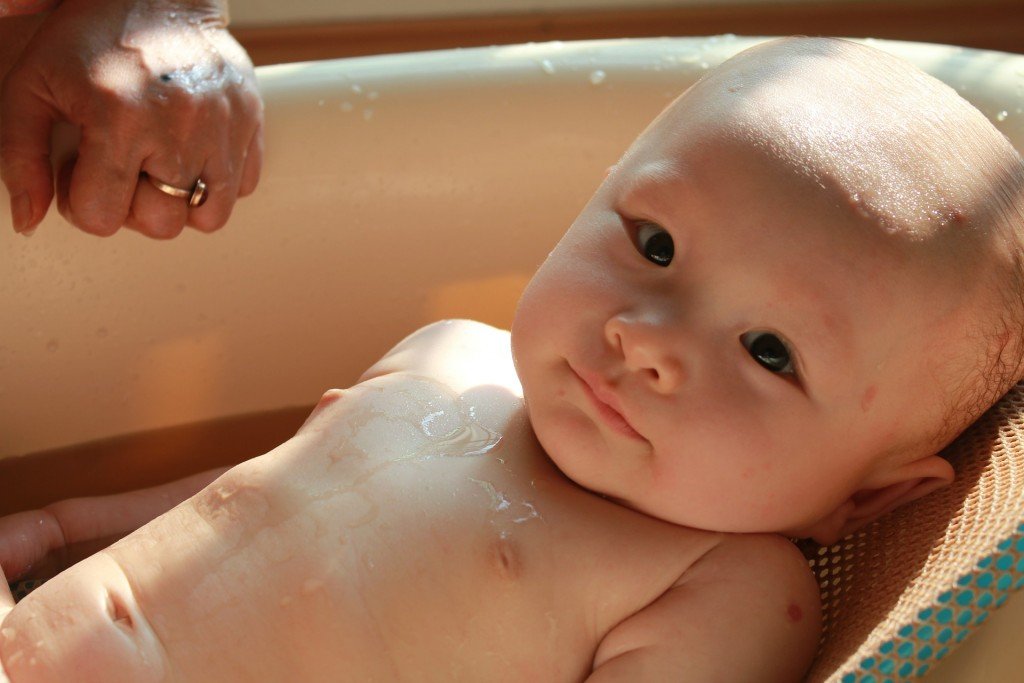
The day you leave hospital with your new baby can feel like the start of a great adventure, but it can also seem overwhelming, especially for new parents.

Suddenly you are responsible for taking care of this brand new human being. You are expected to know the difference between your baby’s cries of hunger and the wail that signifies he needs a nappy change. You are expected to know when and how to feed him, and when to get him immunized.
New mother will expect to feel tired for a while, particularly in those early weeks. Try to rest when baby rests and accept as much support as you can from your partner and family.
If your partner can take a week or two off work after the baby arrives, this will give you both time to bond with your newborn. Your partner can also take over some of the day-to-day house chores so that you can rest. This is particularly very helpful if you are breastfeeding. If you are bottle-feeding, your partner and family can also help. If it is not possible for your partner to take time off, see if a close relative can come and provide the same kind of care.
Many new mothers feel like a good cry following baby’s birth. Some can feel a bit weepy and even suffer from post-natal depression. This is normal and occurs because of hormonal changes in the new mother. It usually settles down in a few days after the birth, as breastfeeding becomes established and new routines settle. If there is a concern and you still feel blue, you should give your doctor a call.
Newborn Care Basics
Feeding

Newborn babies tend to feed every two to four hours – some days more often, especially if baby is breastfed. It can also be several weeks before a pattern of feeding and sleeping emerges. Different babies will have different feeding patterns.
In the first few weeks a newborn will normally feed regularly during the day and night. Babies have very small stomachs and need to feed often. Formula takes longer to digest than breast milk and this can be the reason why bottle-fed babies sometimes feed less than breastfed babies. Although breast milk contains more nutrition and antibodies that can help to boost babies immune systems, bottle feeding also has its own benefits.
Sleeping

Newborns can sleep for up to 18 hours in a 24-hour period, but many do not. Just like feeding patterns, all babies are individuals and will have different sleep patterns and needs. Sometimes baby sleep will follow a certain pattern for a few days and then change.
After the first couple of weeks, babies commonly have one five-to-six-hour sleep, several two-to-three-hour sleeps and some shorter naps.
Nappies/Diapers

There are a few range of choice when it comes to nappies/diapers. It will depend on your comfort, budget, and convenience in deciding which one is the best for your baby.
Beside nappies, there are also other necessities or items that you will need to make changing nappies easier, faster, and more comfortable both for you and your baby. It is also important to prevent health issues such as infections and diaper rashes.
Bathtime

Once baby has passed the newborn stage, bathtime starts to become fun for both baby and parents. Many dads enjoy making bathtime their special time with baby.
At first some babies are not fond of being unwrapped and feel happier and more secure when they are wrapped. With a little time and patience, however, most babies will take to baths like ducks to water. Check out here for easy tips to have bath time fun with babies.
Baby Skin Care

When we think of baby skin, we always think of soft, smooth, and flawless skin. The reality can sometimes be different, so prepare to deal with the various skin issues such as spots, dots, and rashes that may appear on baby’s skin.
In the early days your baby’s skin does not need soap, but after that you can wash with special bath soap or liquid soap and use baby oil or lotion for massage into the skin. Learn more tips for baby skin care here.
Baby Safety

Keeping baby safe are what most parents worry about and feel difficulties to keep up. As the baby starts to crawl, climb, and learn to walk, it comes with many new dangers. Babies and toddlers can reach and do many things, yet they don’t have the judgement or skills to handle safely. Home is the most common place for under-fives to be injured, so it is very important to be aware of the hazards a child might face.
Sudden Infant Death Syndrome (SIDS)
SIDS is the largest cause of death in infants between one month and one year of age. It’s still not clear exactly what causes SIDS. However, research around the world suggests it is possible to reduce the risk.
Three ways to reduce the risks in SIDS :
- Put your baby on his back to sleep. The risk of SIDS is increased if babies sleep on their tummies.
- Make sure your baby’s head remains uncovered during sleep. Tuck your baby in securely so he can’t slip under the bedclothes, or use baby swaddle / sleeping bags for extra safety.
- Keep your baby smoke free, before birth and after.
- Use baby monitors if you work or sleep at different room from the baby.
